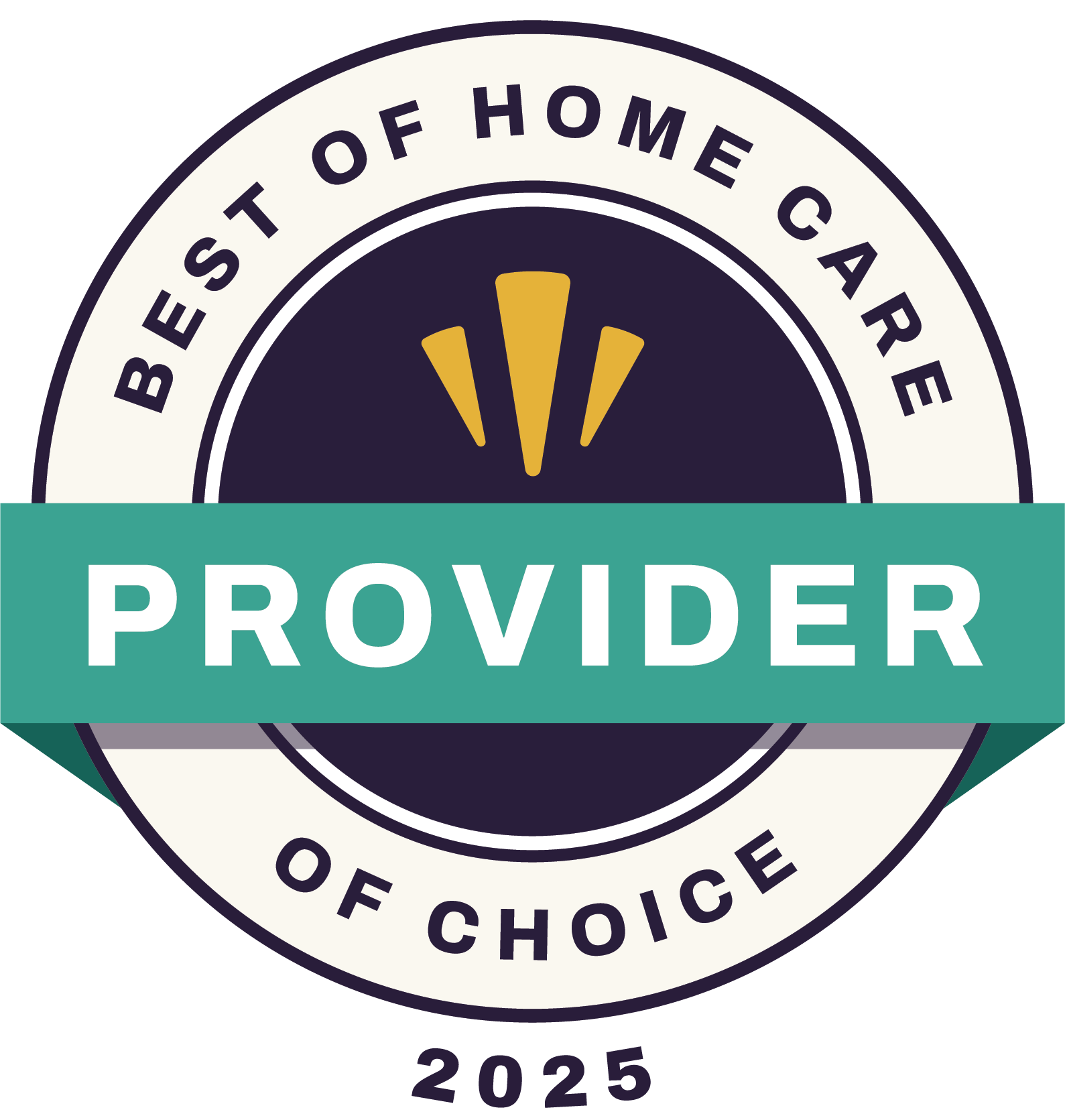Nourishing Well-Being: Nutrition and Meal Planning for Seniors
Dietary requirements increase as people grow older. Bones weaken with age, muscles lose mass and strength, and many changes occur throughout the body. A balanced and nutrient-rich diet helps keep the body nourished and slow changes. Immunity also weakens with age, exposing seniors to various health conditions. Health problems like digestive issues, difficulty chewing/swallowing, or even the inability to make regular meals can compromise one's nutrition intake, making them more frail and susceptible to illnesses. In this post, we take you through the essentials of nutrition and meal planning for seniors to support healthy aging.
Addressing Dietary Needs in Aging
A healthy diet is essential in enhancing the quality of life for seniors. However, aging challenges such as decreased appetite or lost sense of taste and smell can make them pickier in their food choices.
Nutrition and meal planning help incorporate the essential nutrients required for healthy aging into a senior's diet while factoring in their preferences. A diet comprising lean protein (lean meat, seafood, beans) and fiber-rich foods (fruits, vegetables, whole grains) is recommended. Proteins combat the loss of muscle mass and strength, while fiber is good for optimal digestive health.
Specific nutrients include vitamin D and calcium (e.g., green leafy vegetables, milk, cheese, yogurt, fortified cereals), which are necessary for bone health; vitamin B12, which helps support brain health and red blood cell production; potassium for combating the risk of conditions such as high blood pressure, heart disease, and osteoporosis (bone disease); and omega-3 fatty acids (salmon and sardines) and some nuts and seeds that promote brain and heart health. Zinc, iron, and vitamin C also help boost the immune system, blood circulation, and body tissue repair, respectively.
Creating Balanced and Nutrient-Rich Meals
Certain diets, such as the Mediterranean diet, are recommended more for healthy aging. A Mediterranean diet emphasizes more on seafood, vegetables, fruits, legumes, and whole grains (and less dairy), which helps combat cognitive decline. However, you can choose any eating pattern you prefer as long as meals are balanced and nutrient-rich.
With the apparent challenges of independent living, such as decreased mobility, planning meals enables you to incorporate nutritious foods in every serving to meet your daily nutritional needs. You can create a 5-day or 7-day weekly menu with dinner, lunch, and breakfast options such as:
- Smoothie with spinach, yogurt, and fruit
- Hummus veggie wrap
- Whole-wheat rice, chicken, and tomato
- Shrimp pasta salad
Managing Special Diets and Restrictions
Factors such as illness or drug-food interactions may require a restricted diet. A senior with high blood pressure needs to eat a low-sodium diet. Similarly, restrict a diabetic person to a low-carb diet. Other common restrictions may include low-fat, clear liquid (short-term), lactose-free, or gluten-free diets.
Once you're on a restricted diet, you should consult a registered dietician for help developing an appropriate meal plan. Adding nutritional supplements can also help, but you should consult your doctor first.
Encouraging Hydration and Healthy Snacking
Aging can decrease the sense of thirst, a senior with incontinence or mobility issues can cut down fluid intake, or they might forget to drink water due to cognitive decline. However, dehydration is unhealthy and can lead to problems such as irritability, headaches, fatigue, and confusion. To support optimal body functioning, one must remain hydrated, e.g., have a bottle of water close always and eat foods with high water content, such as broth, watermelon, strawberries, and protein shakes.
Healthy snacking also goes a long way in providing essential nutrients without exposing oneself to the risk of unhealthy treats. Consider snacks such as fruits, yogurt, hard-boiled eggs, nuts and seeds, vegetables with hummus, chili popcorn, celery with nut butter, and protein smoothies.
Get Inspired
Nutrition and meal planning for seniors is a key factor in healthy aging. With the numerous challenges that can compromise their nutrition intake, meal planning helps incorporate the essential nutrients based on their preferences.
If you found this article helpful, explore our site for more resources for senior-friendly meal-planning ideas. Contact Elite Home Health Care for more information on our services and how our certified home health aides can benefit you or your loved one.
Written by: Leah Ganz
Leah Ganz, RN, BSN is the Director of Patient Services at Elite Home Health Care. She has an extensive background in homecare and previously worked in various specialties including pediatrics, pain management and internal medicine. She oversees all patient services across Elite's departments.



